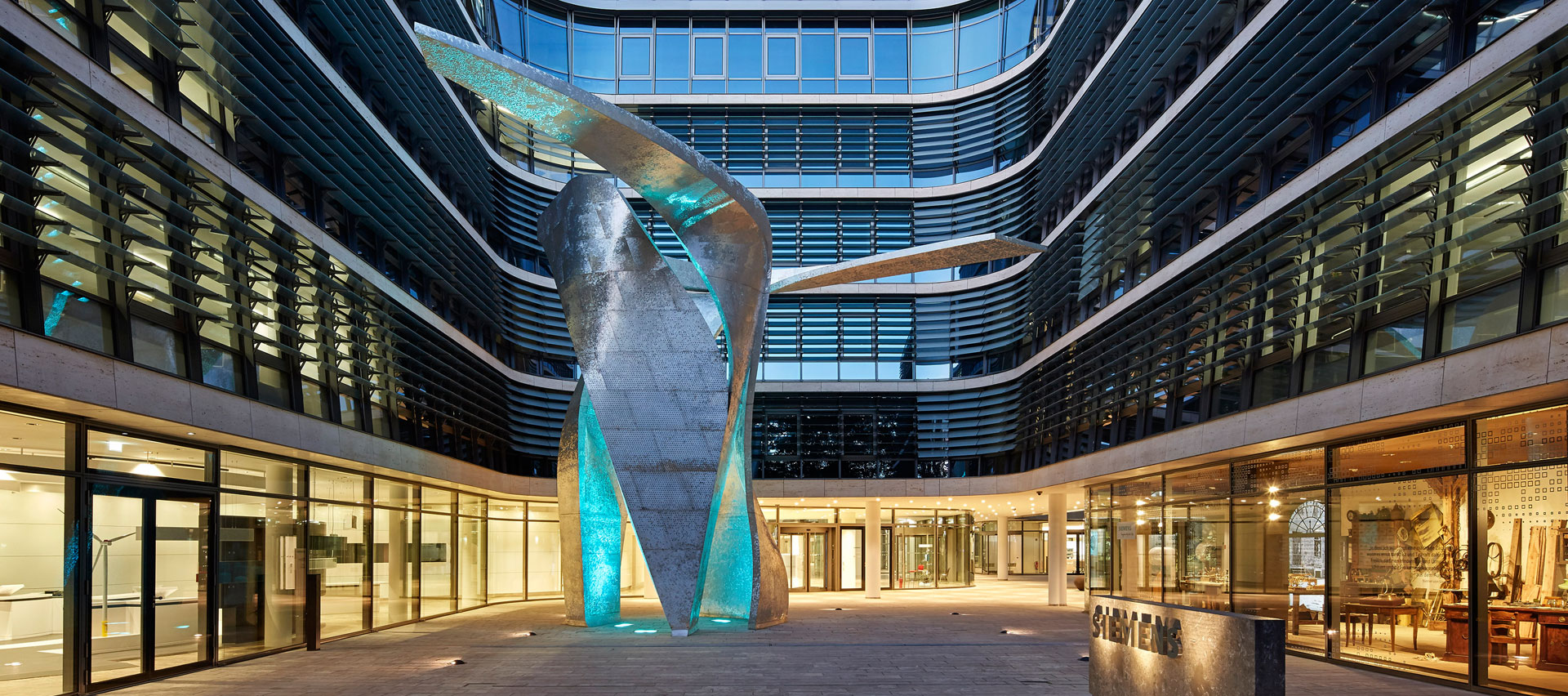
At the World Economic Forum annual meeting in Davos, Switzerland, a Toronto-based media and investment advisory firm Corporate Knights unveiled the Global 100 Index, now in its 13th year, which ranks the world’s most sustainable corporations on 14 key performance indicators covering financial-, employee-, resource management and supplier performance. The Global 100 Index ranks companies in every sector.
German conglomerate and the largest manufacturing and electronics company in Europe Siemens scored above 90% in several categories pertaining to energy, innovation and human resources, and was ranked first in the list.
As Corporate Knights data showed, Siemens’ performance in energy productivity received a score of 94%. Siemens was able to achieve such an outstanding performance due to client demand for energy efficiency and clean energy as well as company’s ambitious internal target to cut its carbon footprint in half by 2020 and to become carbon neutral by 2030.
For instance, new Siemens headquarters in Munich is designed to produce 90% lower CO2 emissions and use 90% less electricity and 75% less water than comparable conventional buildings. Moreover, 50% of power used at Siemens plants in Germany and 20% of power used at Siemens plants in the US is coming from renewable resources.
Company’s internal eco-design processes and Life Cycle Analyses allow for the efficient use of resources throughout the entire development and manufacturing processes, and reduced emissions in the production and utilization phase. Besides, Siemens developed “Product Eco Excellence” program which ensures that company’s products are safe, presenting no danger to humans and the environment.
Although Siemens didn’t score particularly highly on sustainability of its supply chain, a metric which was included in the Corporate Knights global rankings for the first time, the company has a highly developed risk-based system that allows to identify potential risks in supply chain.
According to this system, suppliers are asked to self-assess, and Siemens employees conduct risk assessments on suppliers. External auditors also provide an independent scrutiny focusing at sustainability.
Siemens also has its Sustainability Program in place according to which the company assesses and measures its impact on societies. Siemens developed Business to Society methodology to measure and demonstrate its contribution to the sustainable development of countries where it is active. Such analysis helps Siemens to understand how it impacts things that really matter to each country – economic growth, job creation and skills, infrastructure, the environment, quality of life and socio-economic development. This approach helps company to identify areas where improvements are required and understand how to perform better.
Regarding employee management, it is important to mention that Siemens keeps increasing the number of employee shareholders, as part of fostering an “ownership culture”. In 2016, roughly 44% of Siemens’ total workforce owned company shares. Siemens aims to increase this number to 50%, focusing on gender diversity among shareholders.
Check out Siemens’ Sustainability initiatives here.
View the full list of Global 100 Index here. The overview of the 2017 Global 100 methodology can be found here.
by Natalie Myhalnytska
